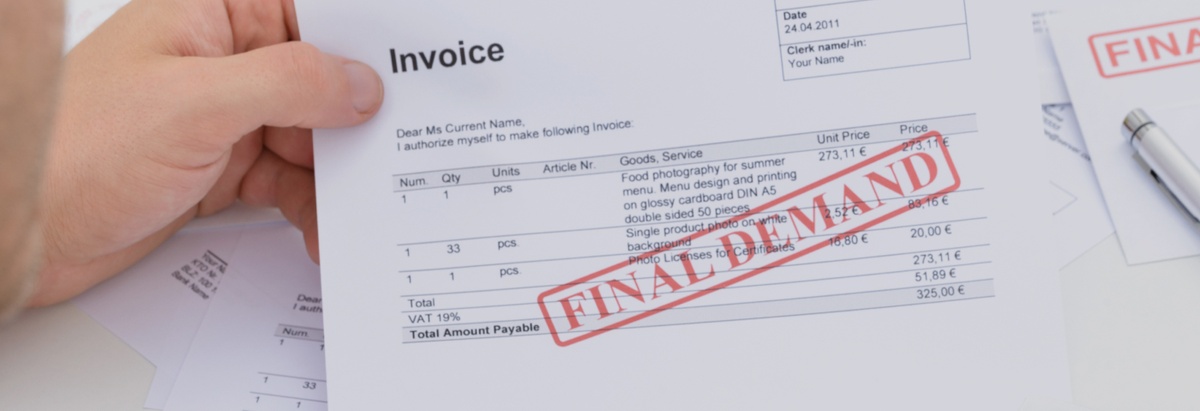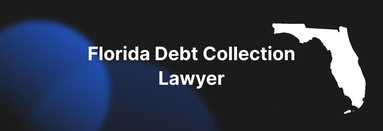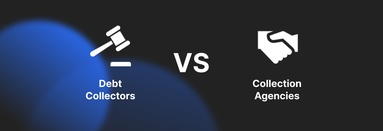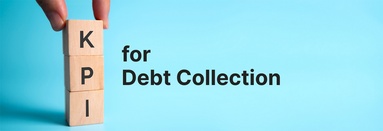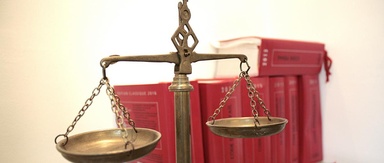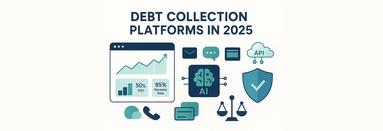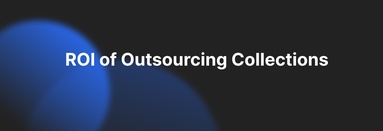Business Debts
- The threshold for engaging a collection agency can depend on the type of business and the debt amount. For instance, a supplier may be owed $500 for delivered goods.
- The size of a company also impacts this decision. Larger businesses, with extensive internal debt recovery mechanisms, might outsource only higher-value debts to collection agencies. Conversely, smaller firms may involve agencies for relatively modest amounts, such as $100.
- The relationship between the creditor and the debtor is also a key consideration. Long-term business relationships often prompt creditors to adopt gentler initial recovery tactics, potentially covering smaller debts in these early efforts.

Consumer Debts
- Consumer debt follows similar principles, although the threshold may vary based on the potential return and debt volume. Typical consumer debts include credit card balances, personal loans, and retail accounts.
- Credit card companies and utility providers often handle a high volume of diverse accounts. They might assign smaller debts, even those under $50, to agencies if the cumulative volume justifies it.
- Additionally, consumer debts frequently accrue penalties or interest over time, increasing the total amount and making smaller initial debts more attractive to collection agencies when considered in aggregate.
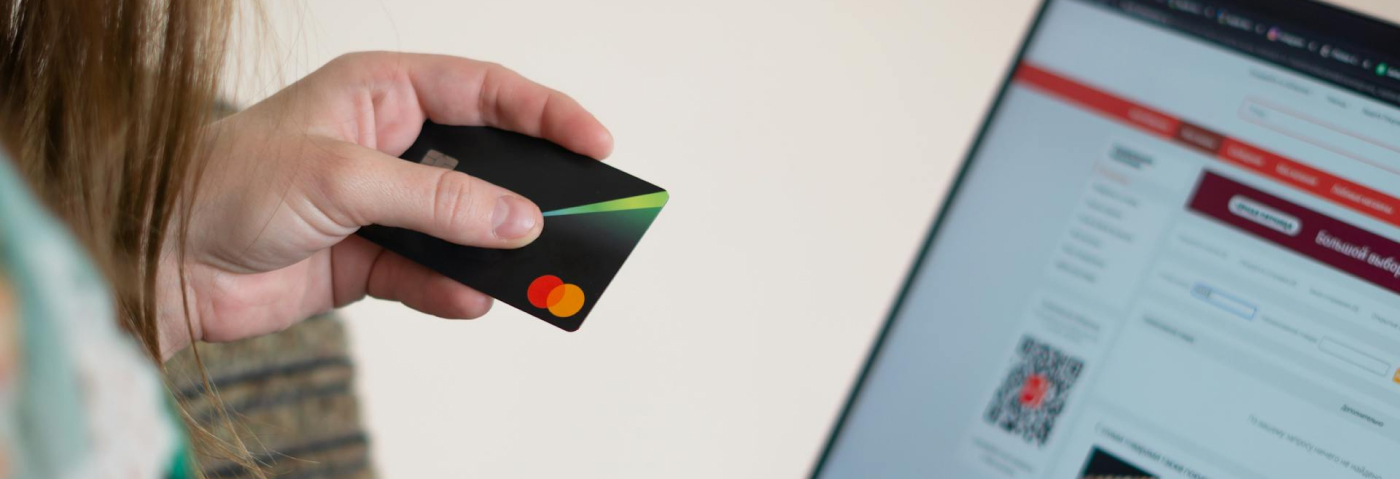
Medical Debts
- Medical debt represents another unique category. Healthcare providers often engage collection agencies for smaller debts, sometimes starting around $50, stemming from unpaid medical bills for treatments or hospital stays.
- The administrative burden of managing numerous small accounts can be overwhelming for healthcare providers. Outsourcing these tasks to collection agencies allows medical facilities to focus more on patient care.
- Small balances can add up quickly across many patients, making the aggregate recovery effort more financially viable for medical providers.

Key Considerations for Debt Collection
Debtor Communication
- The ability to easily contact and negotiate with the debtor significantly influences the pursuit of small debts. Accurate contact information, response rates, and a cooperative debtor can reduce collection costs and effort, making smaller debts more worthwhile to pursue.
- Conversely, if a debtor is unresponsive or difficult to reach, the effort and cost required might outweigh the potential recovery, deterring agencies from chasing smaller debts.
Data Analytics
- Collection agencies rely on data analytics to gauge the probability of successful debt recovery. Historical data analysis helps identify effective trends and recovery rates for various debts, including smaller amounts.
- These models guide agencies in optimizing their strategies and resource allocation for small debt collection, enhancing efficiency and recovery rates.
Creditor Policies
- Creditor guidelines significantly influence debt collection thresholds. Some creditors enforce strict recovery protocols on all unpaid accounts, regardless of amount. Others set minimum thresholds in their agreements with collection agencies.
- Incentives or bonuses offered by creditors for recovering even small amounts can motivate agencies to pursue smaller debts.
Legal Compliance
- While no legal minimum exists, the cost of legal compliance impacts small debt collection. Adhering to the Fair Debt Collection Practices Act (FDCPA) and state laws entails significant administrative work.
- Engaging in legal threats or actions for very small debts can be seen as disproportionate or predatory, potentially harming the reputation of the collection agency or creditor.

Conclusion
In conclusion, although no legal minimum debt for collection exists, practical considerations such as cost-effectiveness, debt type and size, ease of communication, data-driven decisions, creditor policies, and legal requirements shape the realities of debt recovery. Generally, debts under $50-$100 are less frequently pursued due to the associated costs relative to potential recovery.
